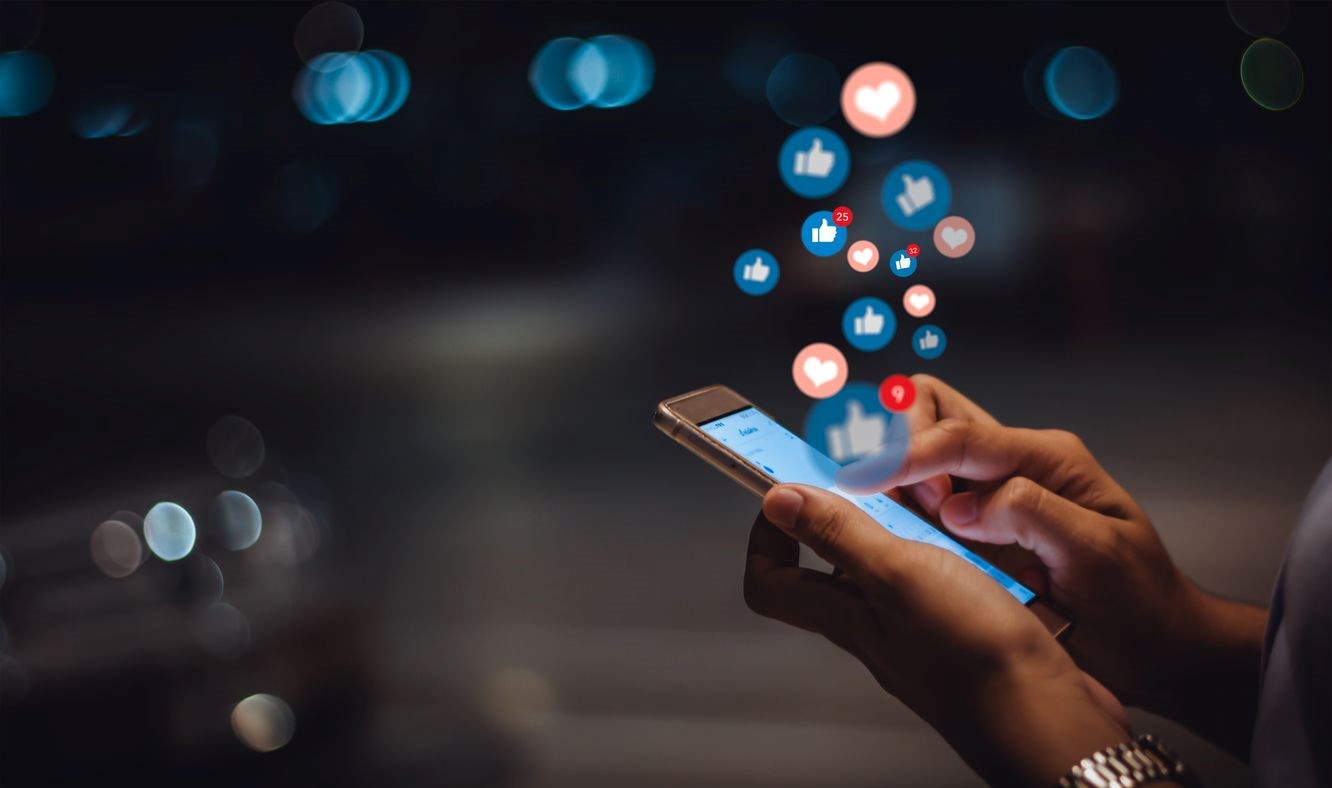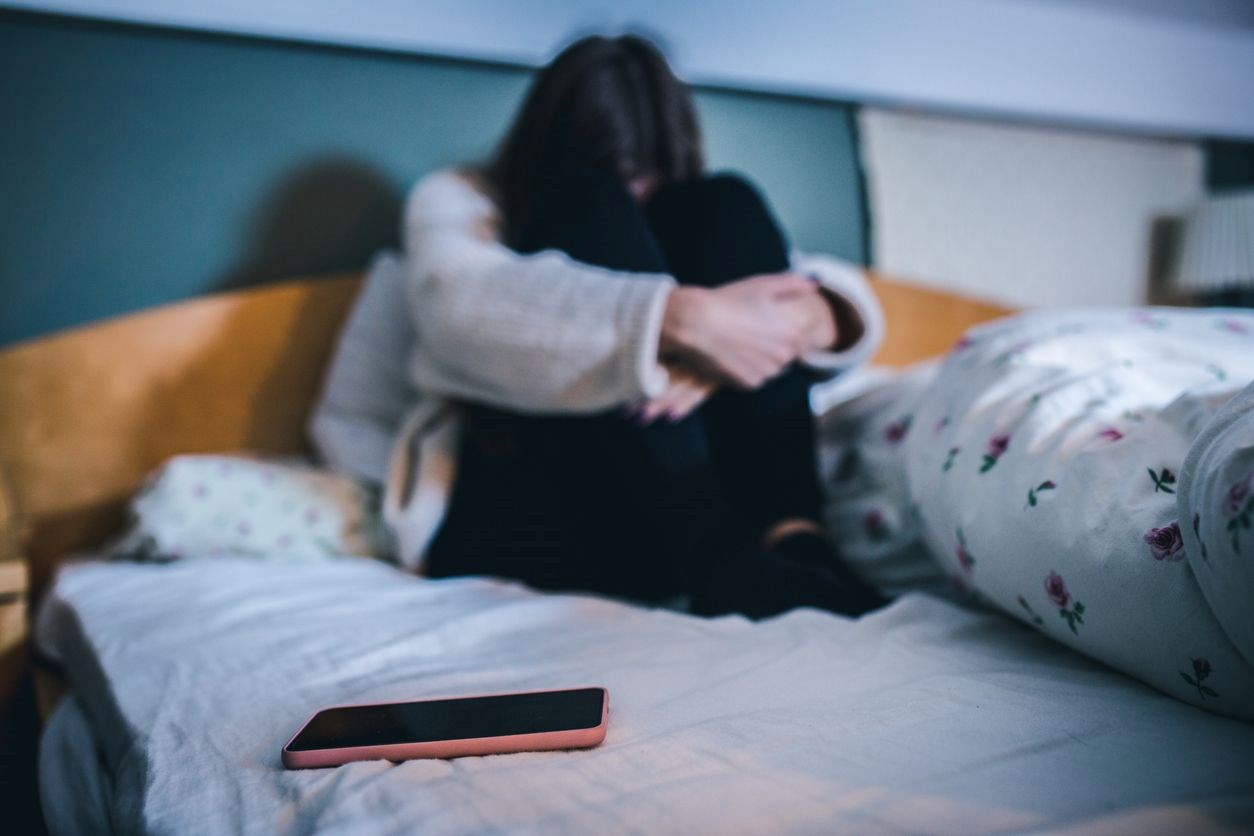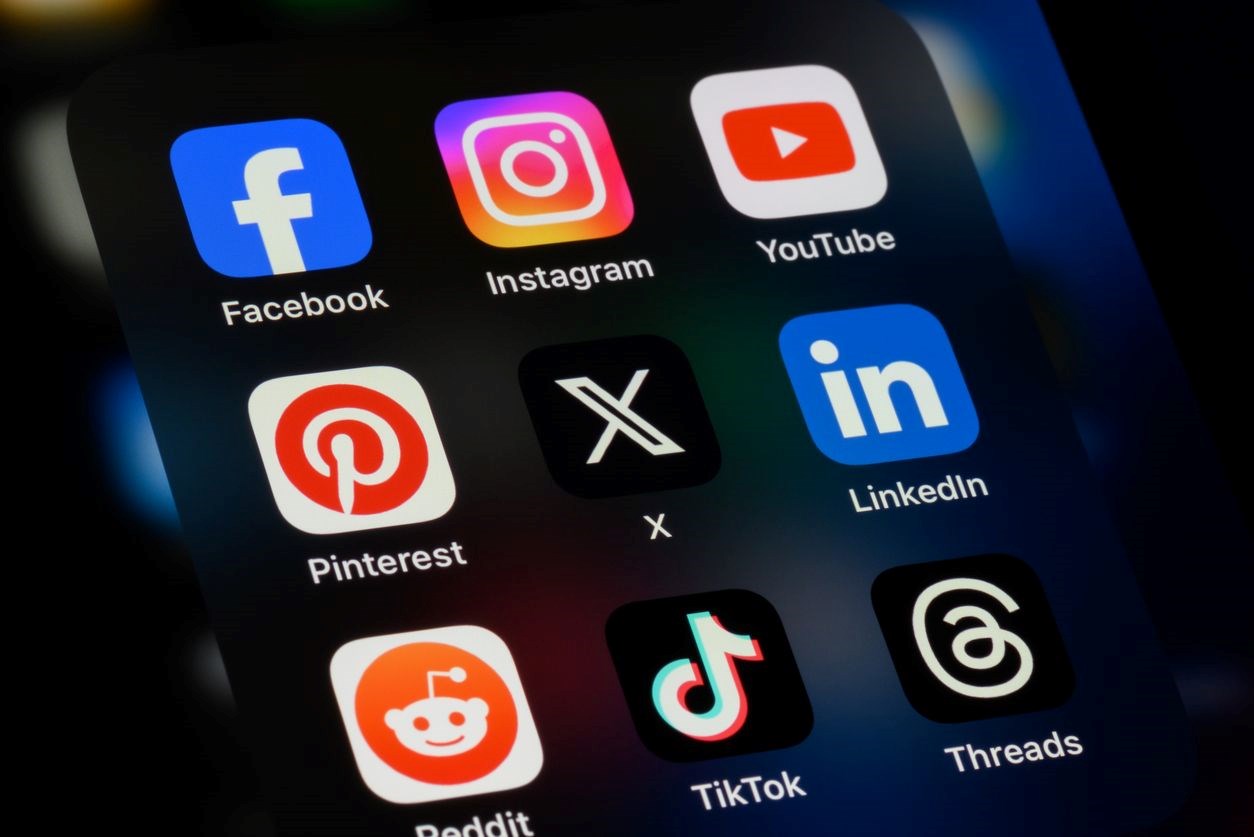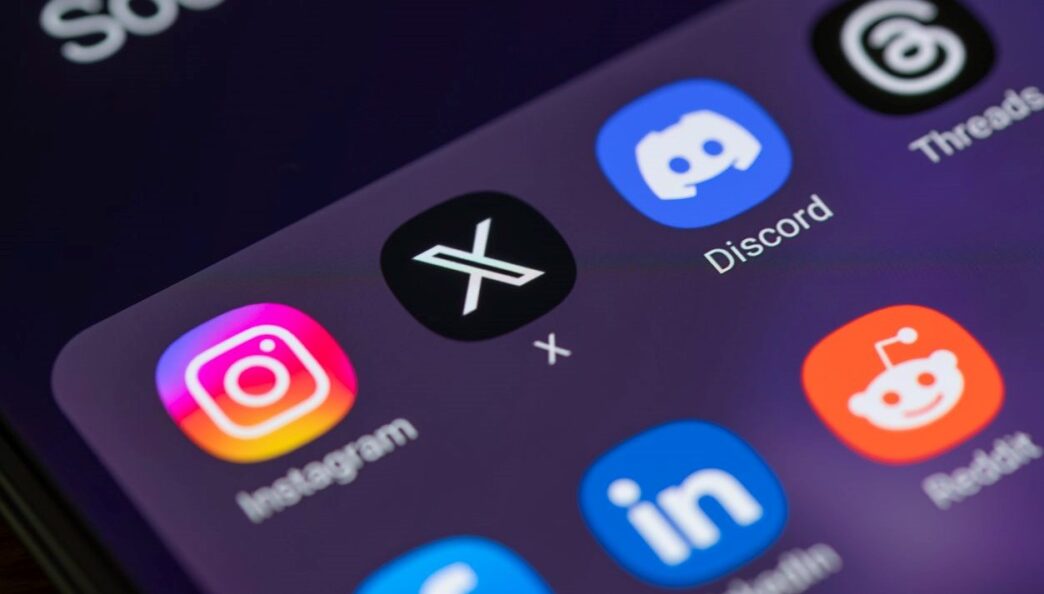A new study from Curtin University in Australia has revealed that the impact of social media on mental health is not as great as we thought.
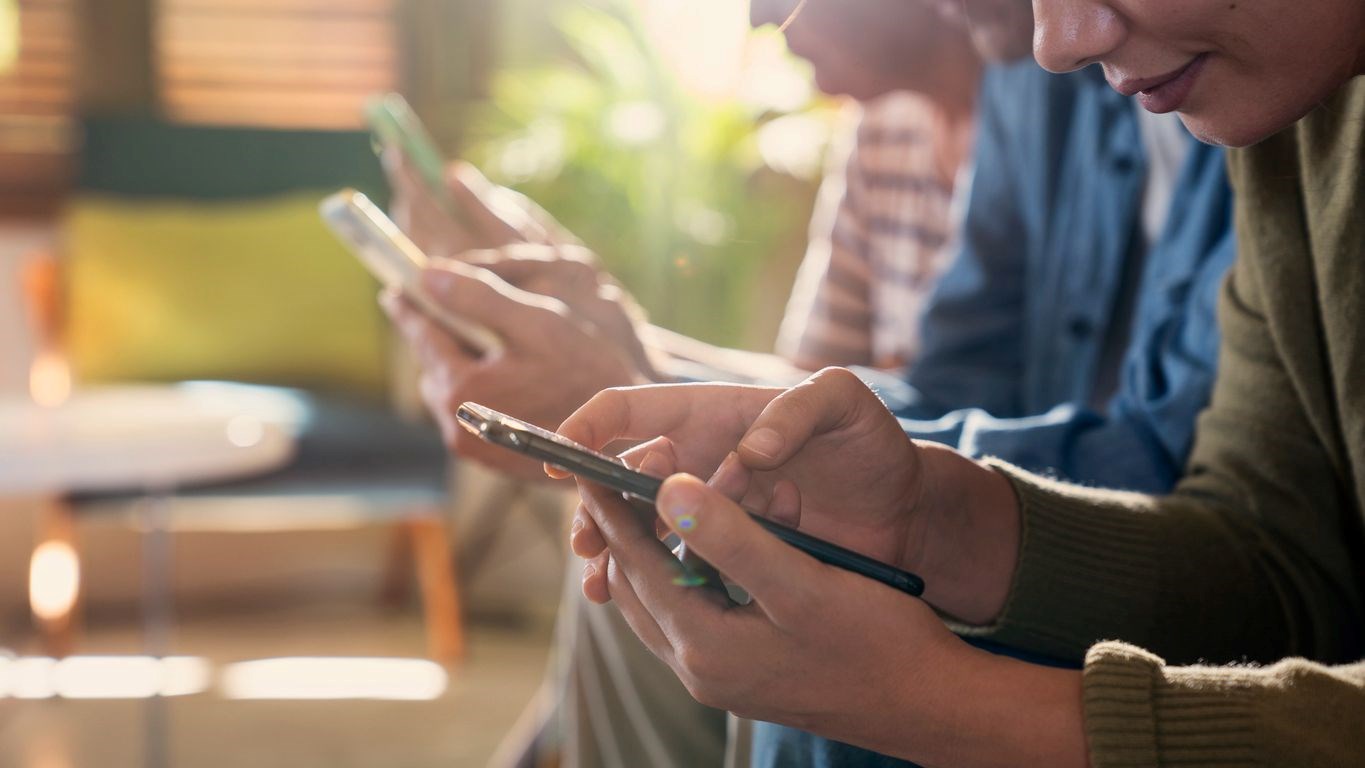
Many studies to date have found that social media negatively affects attention and focus, can disrupt children’s brain development and increase the risk of problems such as depression.
However, according to a new study conducted by Curtin University in Australia, the impact of these platforms on mental health may be more complex than previously thought.
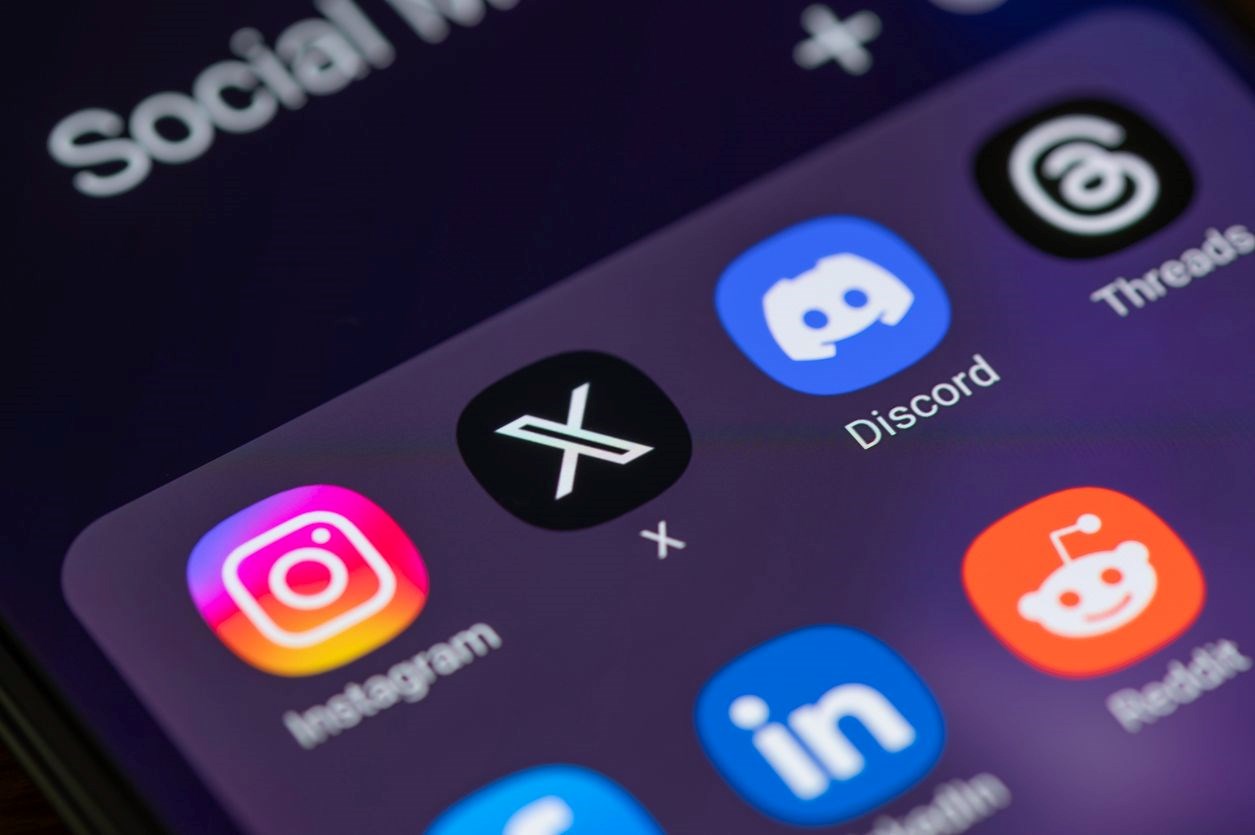
However, this time, the research team at Curtin University objectively examined the time participants spent on platforms such as TikTok, Instagram, Snapchat, Facebook and X (formerly Twitter) over the course of a week by looking at data on their mobile phones. The study included 425 people between the ages of 17 and 53, and these periods were compared with anxiety, depression, stress and attention control tests.

The lead author of the study, Chloe Jones, stated that high-quality data is needed to make healthy decisions. “When we objectively measure the time spent on social media, we find that the effects are either very small or non-existent,” Jones said.
